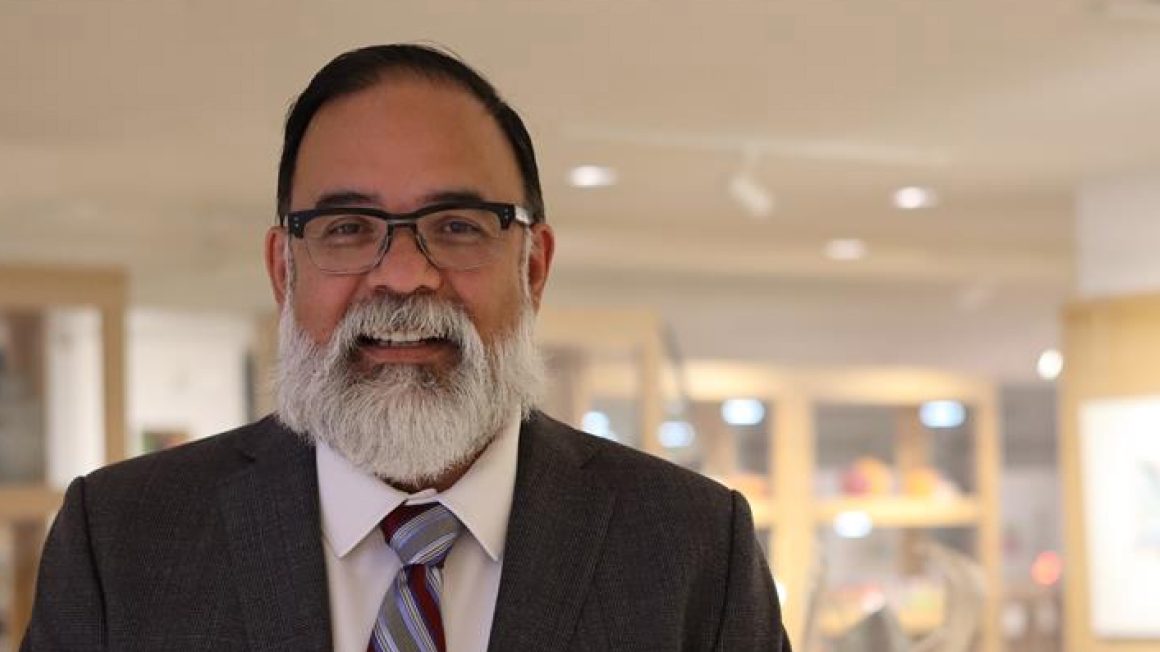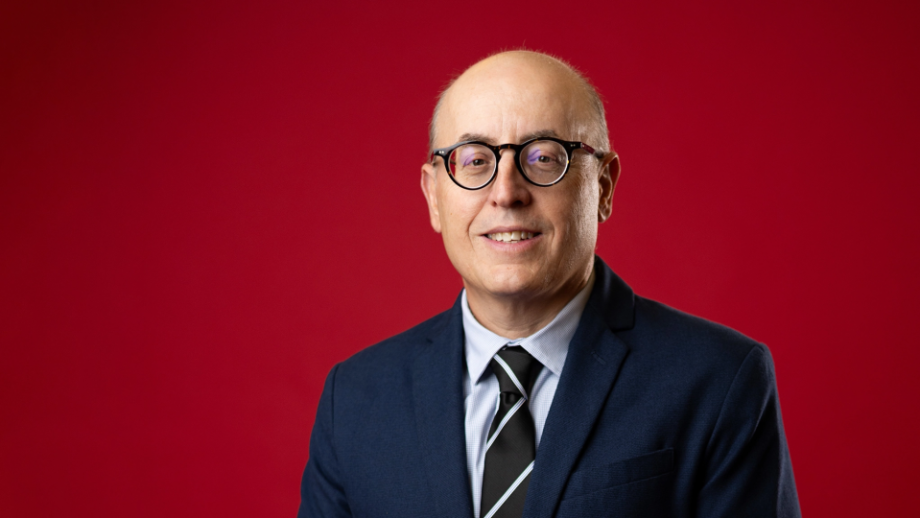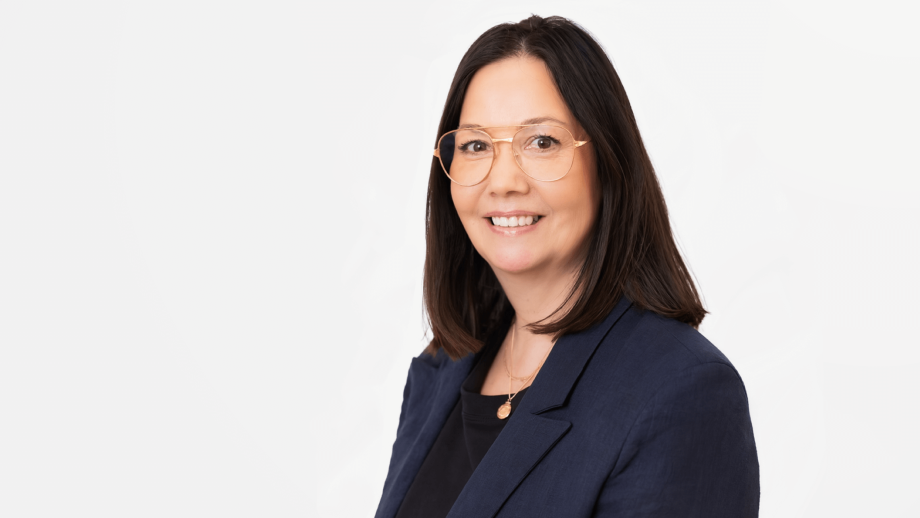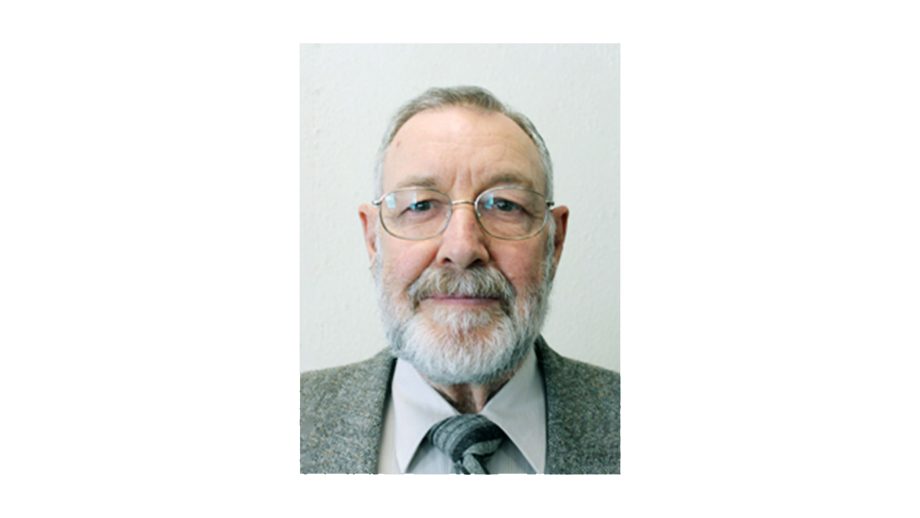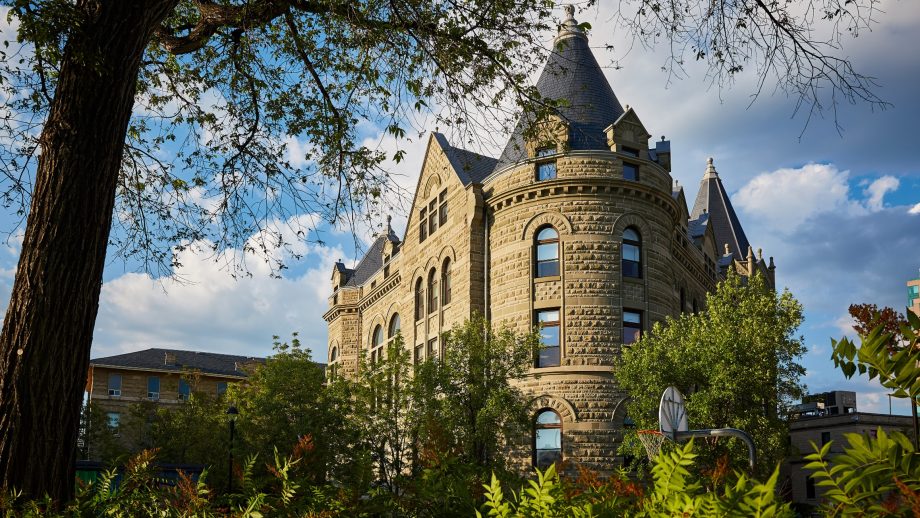Bruce W. J. Miller is the new chair of The University of Winnipeg’s Board of Regents. He previously served as vice-chair, and was appointed to the board in 2017. He is the Team Lead, Partnerships for the Indigenous Peoples Resilience Fund, an Indigenous-led effort to respond to urgent community needs nationally, while taking a long-term view on building community resilience.
Bruce has a deep appreciation for sport, education, and philanthropy that permeates both his personal and professional life. As a member of the Matachewan First Nation in Treaty 9 territory in Ontario, Bruce believes in the practice of giving back and is no stranger to Indigenous issues, governance, and supporting his community.
“Giving back is a cultural practice in our community,” said Bruce. “And I really foster that professionally and personally. I feel a responsibility when you do well in life, to give back.”
Bruce says he has been fortunate to do well and appreciates not all people receive the opportunities and success he’s had. He is the first member of his family to attend public school and graduate university. He holds a Bachelor of Recreation Studies from the University of Manitoba and believes in the power of education.
“For me, I often share with people that university was very transformational for me and my family. It made me see the world for what it is, and what I can do to change it,” he said. “Education promotes a pathway to a quality of life that affects families and therefore the overall community health.”
When he was appointed by the Government of Manitoba to serve on the UWinnipeg Board of Regents, he felt it was an honour and privilege. Members of the Board of Regents are volunteers who give their time and expertise as a public service.
During his term as chair, The University of Winnipeg is scheduled to release a new Strategic Plan. During the consultation process, one of the priorities identified was the importance of Truth and Reconciliation. Bruce says the University shares in its responsibility to confront our shared history and there are many opportunities to make strides in its quest for reconciliation. “The University of Winnipeg has an opportunity to play a role in the necessary healing and reconciliation in this country to be more just, equitable, and inclusive,” said Bruce.
“Historically, universities have reflected the signs of the times, and we are learning from our past. It’s important that we all participate in the process where we heal this country.” Paraphrasing Justice Murray Sinclair, Bruce said, “It was education that got us into this, and it will be education that gets us out of it.”
Bruce believes education can provide a powerful and active form of reconciliation. “Reconciliation is really a restoration of relationships. UWinnipeg is positioned well to provide programs of access and transform the education system, including graduating more Indigenous teachers.”
Bruce believes The University of Winnipeg is in a good position strategically to provide equality of access, opportunity, conditions, and outcomes. The key to moving forward and transforming the community will be support from the community and a long-term sustainable model to transform the education sector which will then transform the community.
“We’re not going to do it alone,” he said. “But I think there is a spirit and intent to collaborate in a good way.”

